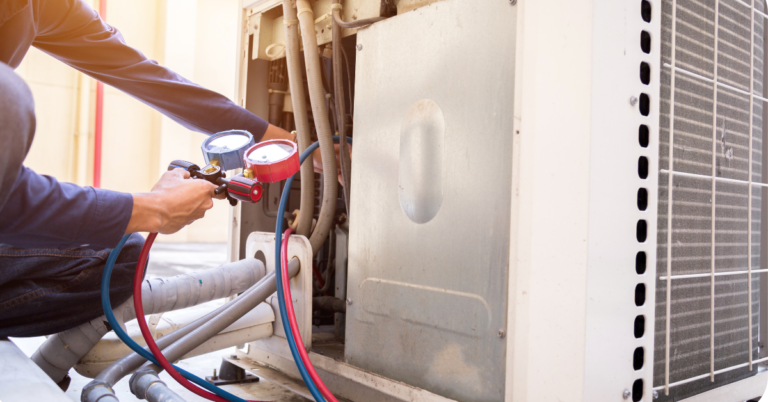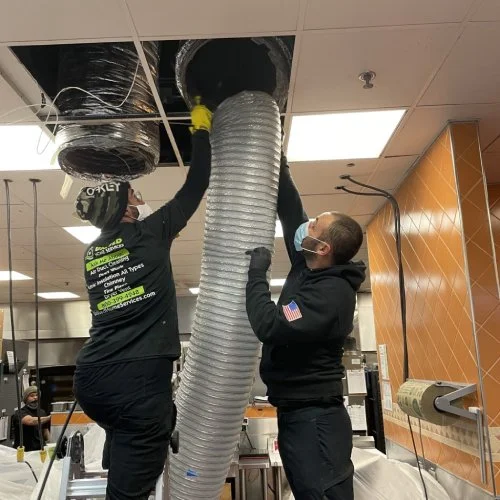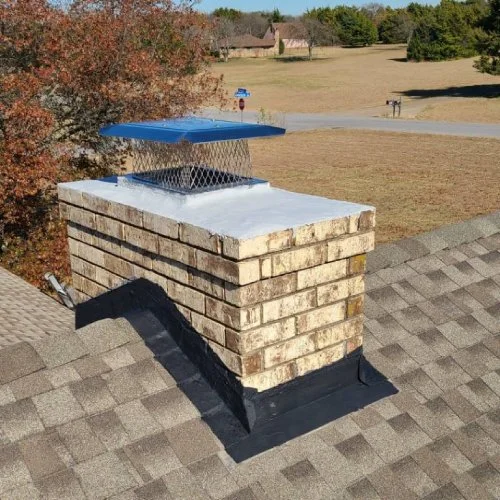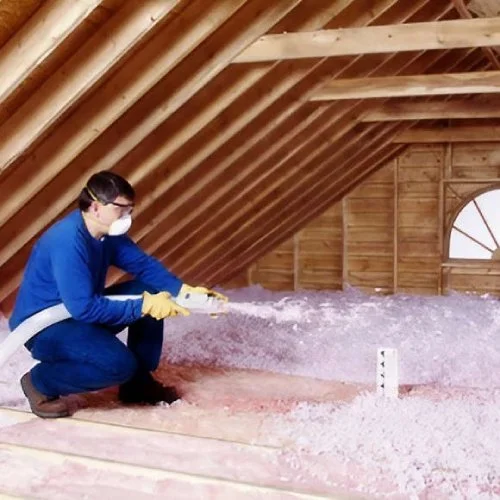When was the last time you called an AC inspection professional to check out your air conditioner? Has it been months? If you haven’t had your AC inspected this year, you may have some problems and surprise repair bills waiting around the corner.
Why AC Inspection Matters
Every summer, your AC works super hard to keep your abode cool. And summers are no joke. Over time, the wear and tear of everyday work can cause issues for your air conditioner. Without carrying out routine maintenance, its components can start to break down, impacting the cooling efficiency of the unit.
When you schedule an AC inspection with United Home Services, our certified professionals will perform a thorough inspection of your unit. They will look out for potential problems with the AC and make sure all the components are working properly.
If any of the AC components are nearing the end of their lifespan, we will recommend repair before the system breaks down in the middle of a hot summer. Scheduling routine AC inspections ensure that your unit is going to perform well for several years to come. A trained AC repair professional can also help reduce your energy bills by increasing the efficiency of your unit.
3 Ways AC Inspection Can Improve Your System’s Performance
Regular AC inspections help shed light on issues you may not have noticed about your system. This includes:
Reduced risk of breakdowns
In our 20+ years of repairing air conditioners, we have observed that most repairs could have been avoided if the homeowner had invested just a sliver of time in a routine inspection and servicing of the AC. Also, some AC manufacturers will void the product warranty if you don’t get the unit inspected on an annual basis.
Better indoor air quality
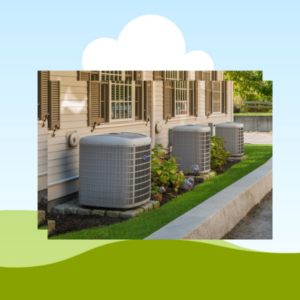 Does it seem that you or someone in your home is constantly battling colds or allergies? Does the air in your home seem stuffy? If yes, this could be because your air conditioner and its ducts have accumulated a lot of dirt and dust over the months (or years).
Does it seem that you or someone in your home is constantly battling colds or allergies? Does the air in your home seem stuffy? If yes, this could be because your air conditioner and its ducts have accumulated a lot of dirt and dust over the months (or years).
As your air conditioner works, it collects all sorts of debris, like dirt, pollen, and even cockroach parts! So, make sure you schedule an AC inspection every 6-8 months so the experts can remove these pollutants from the unit.
Better cooling
If an AC is failing to cool your home, its components may be overworked. As the components churn harder and harder, they require more energy than normally needed, leading to lukewarm airflow and higher energy bills.
Studies show that AC inspections can help homeowners save up to 20% on energy bills by identifying and fixing inefficient heating and cooling systems. If your cooling bills are unexpectedly higher, it’s likely that your AC unit has a leak or a faulty component. It’s recommended to call an AC installation expert to diagnose and fix the issue to improve performance and pare down power bills.
Is Your AC Performing Optimally?
By investing in an AC inspection every few months, you can ensure that your system is keeping you cool throughout the scorching weather. Whether your AC has broken down in the middle of the night, or you just want to give it some much-needed TLC, United Home Services is available to serve you 24×7 for various home services. Call us at 866-836-2341 or contact us online to book your appointment today.



